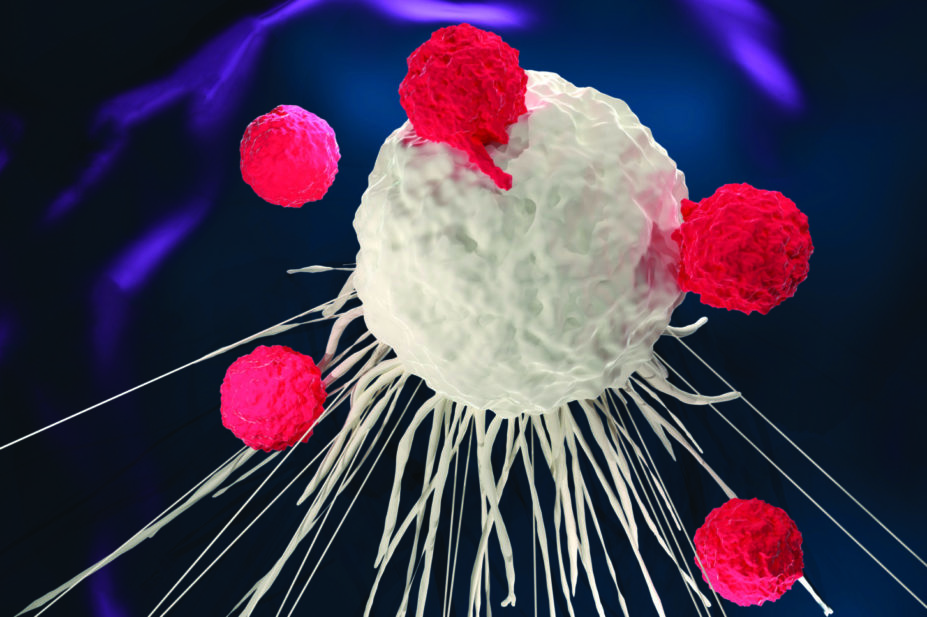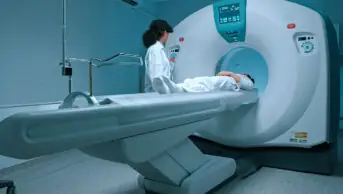
Shutterstock.com
A new type of chimeric antigen receptor T-cell (CAR-T) therapy could extend remission by more than 12 months in patients with multiple myeloma who have relapsed several times, a study in the New England Journal of Medicine has suggested (25 February 2021)[1].
In the phase II trial, 128 relapsed and refractory myeloma patients who had already received at least three previous regimens, including the three main classes of myeloma treatment, were treated with idecabtagene vicleucel; a B-cell maturation antigen-directed CAR-T therapy.
Nearly three-quarters of the patients (94/128) had at least a partial response to therapy, and a third (42/128) achieved a complete response.
Median progression-free survival was 8.8 months overall (95% confidence interval, 5.6 to 11.6), increasing to 12.1 months for patients treated with the trial’s maximum dose of engineered T-cells, and 20.2 months for patients who had a complete response.
High-grade hematologic toxic effects were common but transient, the researchers reported.
CAR-T therapy involves harvesting a patient’s own T-cells, which are re-engineered in a lab to target a particular antigen, grown in culture, and then reinfused back into the patient.
“The results mark a true breakthrough with unprecedented depth and duration of remissions from what we hope will be the first cellular therapy option to become available for myeloma patients,” said lead author Larry Anderson, an oncologist at the University of Texas Southwestern Medical Center, Dallas, United States.
READ MORE: Implementing chimeric antigen receptor T-cell therapy in practice
- 1Munshi NC, Anderson LD Jr, Shah N, et al. Idecabtagene Vicleucel in Relapsed and Refractory Multiple Myeloma. N Engl J Med 2021;384:705–16. doi:10.1056/nejmoa2024850


